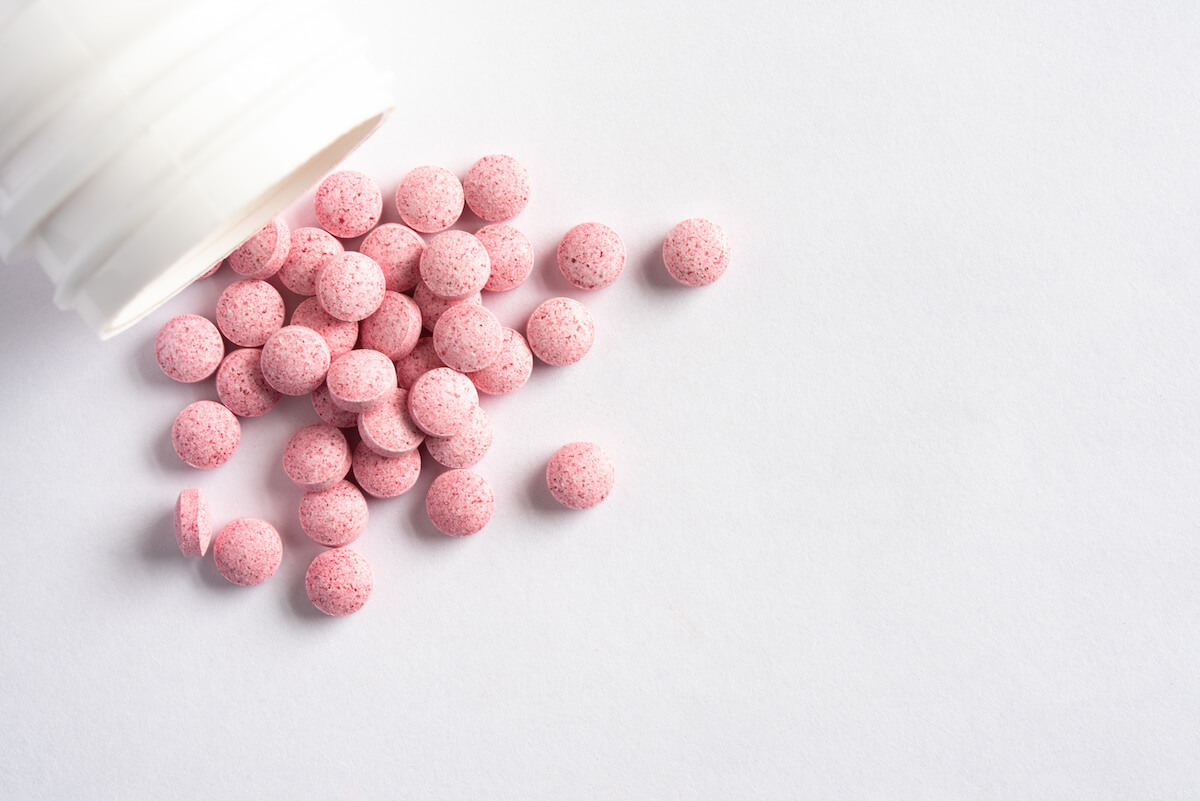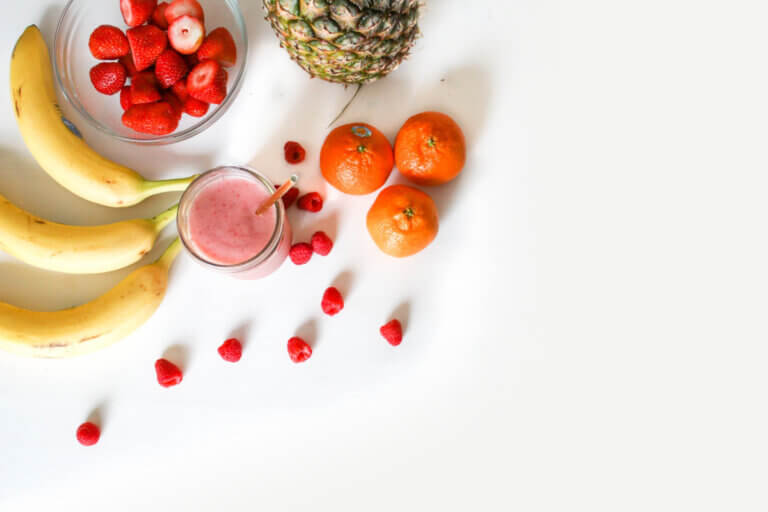With so many conflicting messages surrounding nutrition online, it can be tough to determine what to eat for optimal health, energy and vitality. What’s more, there seems to be an ever-increasing number of gimmicky wellness trends we may feel pressured to buy into. However, aligning on a daily routine that helps you feel like your best self doesn’t have to be complicated, even when it comes to supplement recommendations.
Always Take a Food-First Approach
When it comes to supplements, Registered Dietitian Lyndsay Hall recommends making sure you’re getting what you need from your diet, and always consulting your healthcare practitioner for any special dietary needs you may have.
“As a Registered Dietitian, I always take a food-first approach,” she says. “Most people, so long as they do not have any major dietary restrictions, food allergies or conditions that impair absorption, and are able to eat a relatively balanced diet, can often meet their macro and micronutrient needs via diet alone.”
Healthy Eating Will Set You up for Success
Hall explains that focusing on healthy eating will set you up for success in the long run and ideally, help you avoid the need for supplements altogether.
“Ultimately, nutrients that we obtain from food tend to be better absorbed and utilized more effectively than those obtained via supplements, so for that reason I always encourage inclusion of a variety of fruits and vegetables, whole grains, animal and plant-based proteins, sources of healthy fats, etc. over supplements, such as multivitamins.”
The Top Supplement Recommendations from a Dietician
Otherwise, Hall had a few recommendations for specific supplements you may want to look into, depending on your particular health needs:
1. Vitamin D

If you live somewhere with long, cold winters, Hall’s first recommendation is a vitamin D3 supplement.
“The Recommended Dietary Allowance (RDA) for vitamin D (for adults) is 600IU per day, and because it can be difficult to obtain adequate amounts via diet alone due to limited food sources of vitamin D, I will typically suggest a low-dose supplement be taken throughout November to April to most of my patients,” Hall says.
Related Articles
While a low-dose vitamin D supplement during the winter is a fairly common recommendation for the average person, Hall notes that the dosage could vary, depending on individual needs and health profiles.
“Of course, with that said, I will always take an individualized approach, as I may have patients with pre-existing deficiencies or a history of vitamin D deficiency, whose needs will therefore differ,” she adds.
If you’re looking to add a vitamin D supplement to your routine, this one by NOW Supplements is Climate Pledge Friendly.
2. Vitamin B12

Another supplement Hall may recommend to her patients would be iron (like this supplement by Garden of Life) or B12 (like these fast-dissolving tablets), again depending on their particular needs and lifestyle.
“Of course, if I have a patient who is vegetarian or vegan, or has a known deficiency (i.e. iron or B12), I will provide supplement recommendations accordingly,” Hall says.
According to WebMD, most people get vitamin B12 from animal sources including dairy products, eggs, fish, meat, and poultry. You can also buy foods that have been fortified with B12 – just check the label.
Always Speak to Your Doctor First
Before diving into a new supplement or nutritional regime, Hall always recommends consulting your doctor or healthcare practitioner first.
“Regardless of the supplement you are interested in taking or presume may be beneficial, it is never a bad idea to consult your healthcare provider before taking and/or purchasing any supplements to see if they are appropriate or necessary,” she says. “Also, because there are so many supplements available, all of which can vary in quality and ingredients.”







